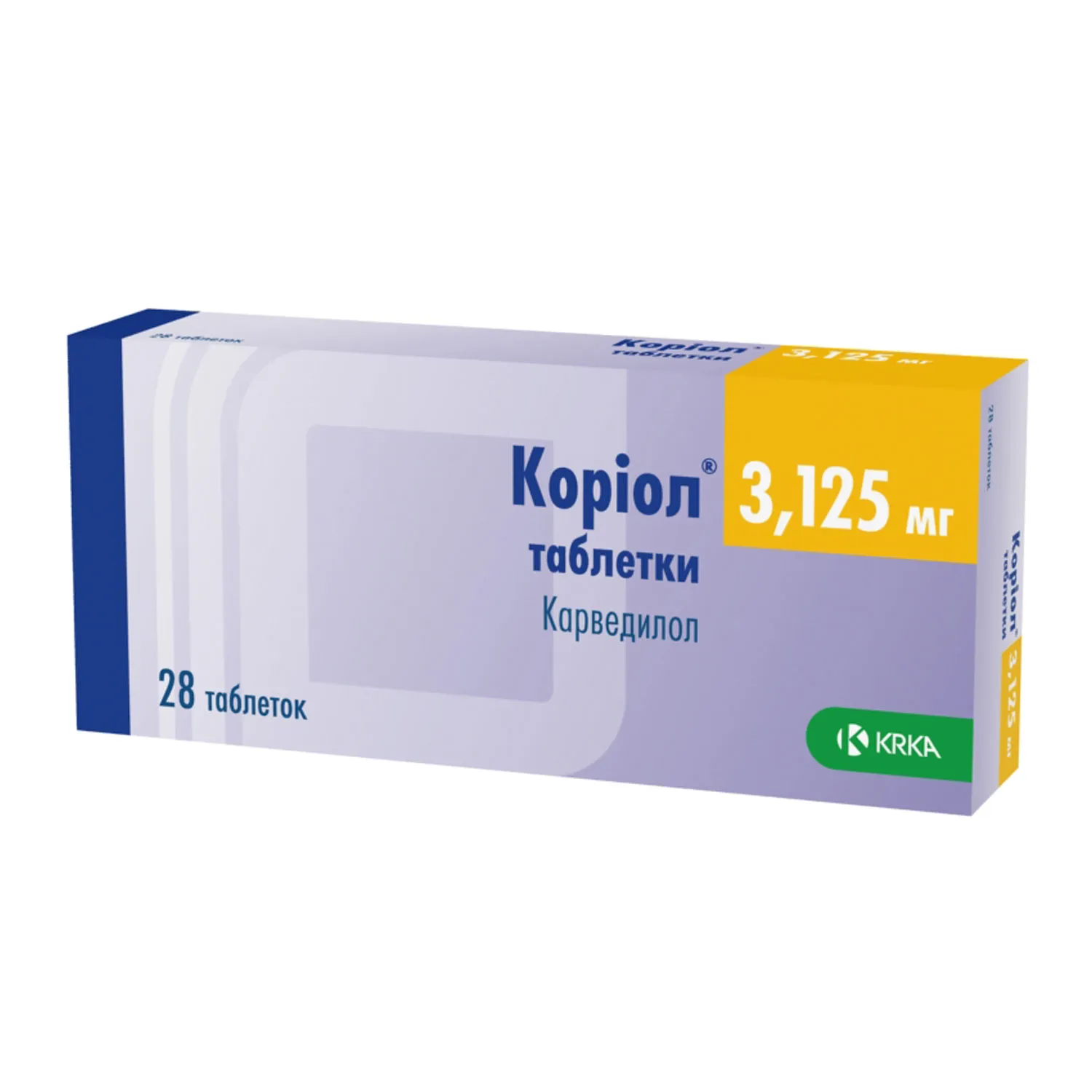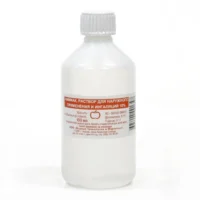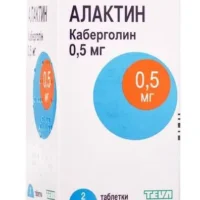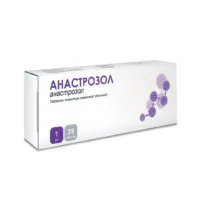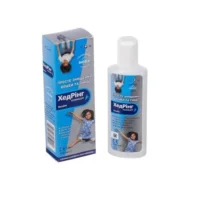Description
Coriol (carvedilol) tablets 3.125 mg. №28
Composition
Active ingredient: Carvedilol 3.125 mg per tablet.
Mechanism of Action
Pharmacological Properties: Carvedilol is a non-selective beta-blocker with alpha-blocking activity. It antagonizes the effects of epinephrine on the heart and blood vessels, leading to reduced heart rate, lowered blood pressure, and enhanced cardiac function.
Indications for Use
Indications: Coriol tablets are indicated for the management of hypertension, heart failure, and left ventricular dysfunction post-myocardial infarction.
Contraindications
Contraindications: Avoid Coriol tablets in cases of asthma, severe bradycardia, or heart block greater than first degree.
Side Effects
Common side effects may include dizziness, fatigue, and low blood pressure. Contact your healthcare provider if you experience severe reactions like difficulty breathing or facial swelling.
Usage Instructions
Dosage: Initiate with 3.125 mg twice daily, with gradual titration under medical supervision. Administer orally with food and do not alter the tablets.
Benefits Over Analogues
Coriol has demonstrated superior efficacy in clinical trials compared to other beta-blockers, showing improved outcomes in heart failure management and hypertension control.
Suitable Patient Groups
Coriol can be used across various age groups, including adults, elderly patients, and specific pediatric populations under healthcare provider guidance.
Storage and Packaging
Store Coriol tablets in a cool, dry place away from moisture. Check the packaging for the expiration date and follow proper disposal guidelines.
Scientific Evidence
Coriol (carvedilol) has shown significant benefits in managing hypertension and heart failure. Studies, such as one published in the Journal of the American College of Cardiology, highlighted its role in reducing cardiovascular mortality and hospitalizations in heart failure patients.
Clinical Trials
In a comparative study published in JAMA Cardiology, carvedilol exhibited superior outcomes in reducing heart failure hospitalizations and mortality rates compared to metoprolol. These findings support the efficacy of carvedilol in heart failure management.

